
The Enchanting Peja Mountains of Kosovo
Nestled in the western part of Kosovo, the Peja Mountains stand as a majestic and serene escape for nature enthusiasts and adventure seekers alike. These mountains are part of the larger Accursed Mountains range and offer a plethora of breathtaking landscapes, from lush green valleys to rugged peaks that kiss the sky. The region is known for its rich biodiversity, featuring a variety of flora and fauna unique to this part of the Balkans. Peja, the gateway to these mountains, is a charming town with a rich cultural and historical heritage. The town itself is dotted with Ottoman-era architecture, bustling bazaars, and friendly locals who are always eager to share their customs and traditions. The nearby Rugova Canyon is one of the most stunning natural attractions in the area, offering opportunities for hiking, rock climbing, and even paragliding for the more adventurous. For those seeking tranquility, the Peja Mountains provide a perfect setting for relaxation and reflection. The serene mountain lakes, the sound of flowing rivers, and the crisp, clean air make it an ideal destination for unwinding and connecting with nature. Whether you're exploring the ancient monasteries, trekking through dense forests, or simply enjoying the panoramic views, the Peja Mountains promise an unforgettable experience.
Local tips in Peja Mountains
- Visit the Rugova Canyon early in the morning to avoid crowds and enjoy the serene environment.
- Wear sturdy hiking boots as the terrain can be rugged and uneven in many areas.
- Bring a reusable water bottle to stay hydrated during your hikes, as fresh water sources are plentiful.
- Learn a few basic phrases in Albanian, the local language, to enhance your interaction with the friendly locals.
- Check the weather forecast before planning your trip, as conditions can change rapidly in the mountains.
The Enchanting Peja Mountains of Kosovo
Nestled in the western part of Kosovo, the Peja Mountains stand as a majestic and serene escape for nature enthusiasts and adventure seekers alike. These mountains are part of the larger Accursed Mountains range and offer a plethora of breathtaking landscapes, from lush green valleys to rugged peaks that kiss the sky. The region is known for its rich biodiversity, featuring a variety of flora and fauna unique to this part of the Balkans. Peja, the gateway to these mountains, is a charming town with a rich cultural and historical heritage. The town itself is dotted with Ottoman-era architecture, bustling bazaars, and friendly locals who are always eager to share their customs and traditions. The nearby Rugova Canyon is one of the most stunning natural attractions in the area, offering opportunities for hiking, rock climbing, and even paragliding for the more adventurous. For those seeking tranquility, the Peja Mountains provide a perfect setting for relaxation and reflection. The serene mountain lakes, the sound of flowing rivers, and the crisp, clean air make it an ideal destination for unwinding and connecting with nature. Whether you're exploring the ancient monasteries, trekking through dense forests, or simply enjoying the panoramic views, the Peja Mountains promise an unforgettable experience.
When is the best time to go to Peja Mountains?
Iconic landmarks you can’t miss
Newborn Monument
Discover the Newborn Monument in Pristina, a vibrant symbol of Kosovo's independence and artistic expression, capturing the spirit of a nation reborn.
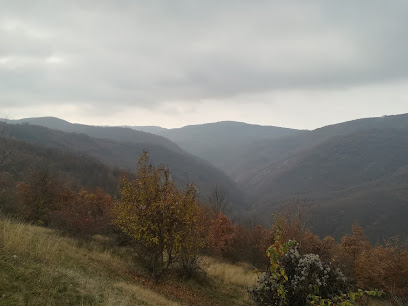
Prizren Fortress
Discover the captivating blend of history and breathtaking views at Prizren Fortress, Kosovo's iconic landmark overlooking the enchanting city.
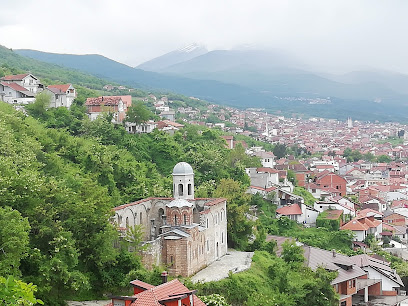
Sharr Mountain National Park
Explore the breathtaking landscapes of Sharr Mountain National Park, a natural paradise with diverse wildlife and endless outdoor adventures in Kosovo.
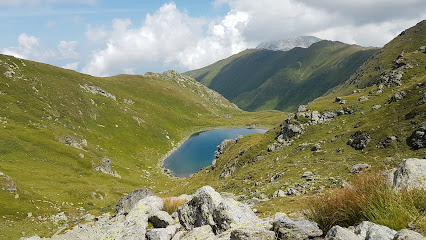
Bjeshkët e Nemuna National Park
Explore the breathtaking beauty of Bjeshkët e Nemuna National Park, a natural gem in Kosovo offering adventure and stunning landscapes.
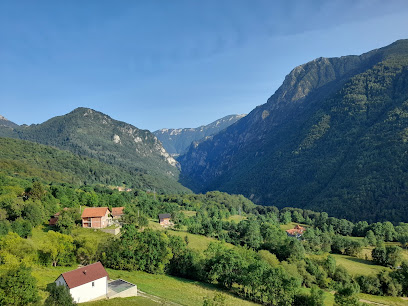
Sinan Pasha Mosque
Experience the beauty and serenity of the Sinan Pasha Mosque, a historical gem in Prizren, showcasing exquisite Ottoman architecture and cultural heritage.
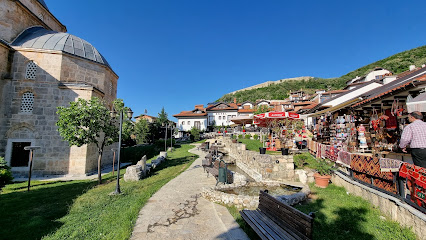
Patriakana e Pejës
Discover the serene beauty of the Patriarchate of Peja, a UNESCO World Heritage site that blends spirituality, history, and breathtaking architecture in Kosovo.
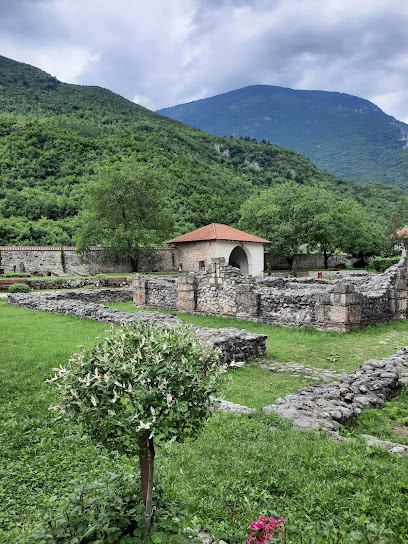
Memorial Complex Adem Jashari
Explore the Memorial Complex Adem Jashari in Prekaz, a poignant tribute to Kosovo's heritage and the fight for freedom, rich in history and resilience.
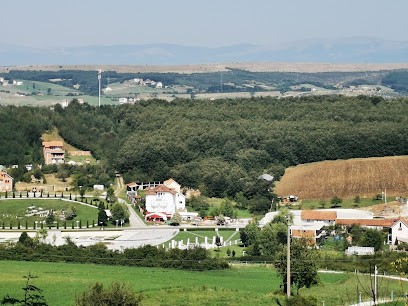
White Drin Waterfall
Experience the enchanting beauty of White Drin Waterfall, a stunning nature preserve in Kosovo, perfect for relaxation, photography, and exploration.
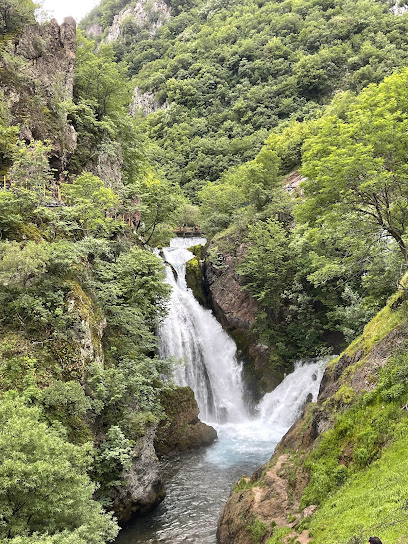
Bazaar of Peja
Discover the heart of Peja at the vibrant Bazaar, where local culture, crafts, and culinary delights await every visitor.
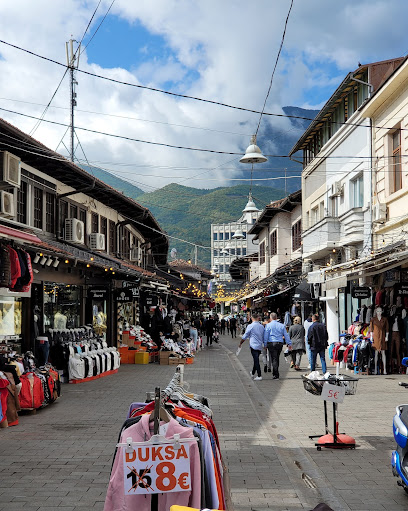
Kosovo
Explore Kosovo's rich history, stunning landscapes, and vibrant culture in the heart of the Balkans.
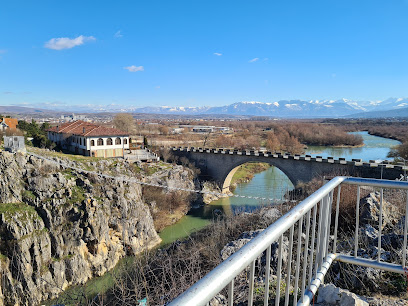
BEAR SANCTUARY Prishtina
Explore the BEAR SANCTUARY Prishtina, a wildlife haven dedicated to the rescue and rehabilitation of bears in the heart of Kosovo.
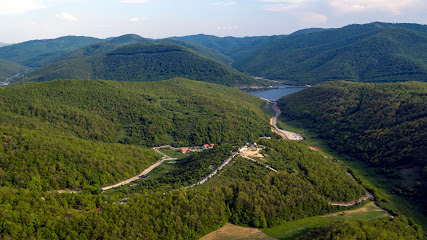
Mirusha Waterfalls
Experience the breathtaking beauty of Mirusha Waterfalls in Kosovo, a perfect blend of adventure and tranquility amidst nature's wonders.
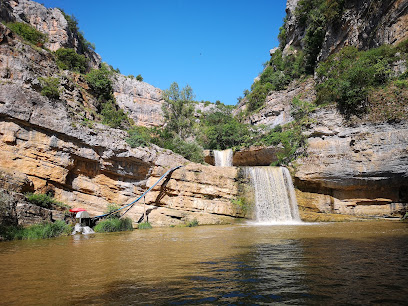
Hotel Kulla e Zenel Beut
Experience traditional Kosovar hospitality at Hotel Kulla e Zenel Beut, where comfort meets culture in the heart of Peja.
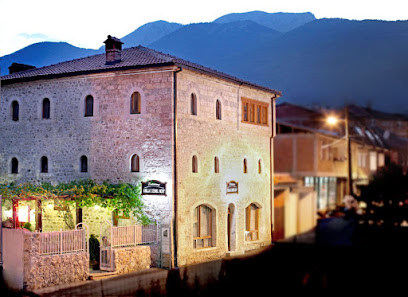
Shtepia Alpike Ranch
Experience the charm of Shtepia Alpike Ranch in Peja, where organic dining meets thrilling outdoor adventures in a breathtaking natural setting.
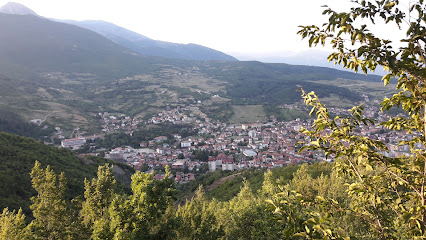
Rugova Valley Tourist Information Center
Explore the breathtaking Rugova Valley, a paradise for hiking and rock climbing enthusiasts, nestled in the heart of Kosovo's stunning landscapes.
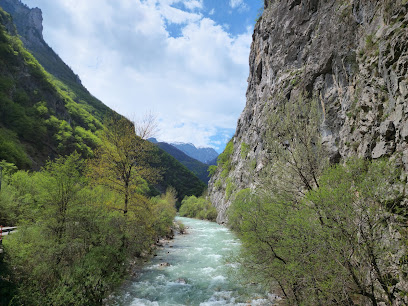
Unmissable attractions to see
BEAR SANCTUARY Prishtina
Experience the beauty of nature and wildlife conservation at BEAR SANCTUARY Prishtina, home to rescued bears in a stunning mountain setting.
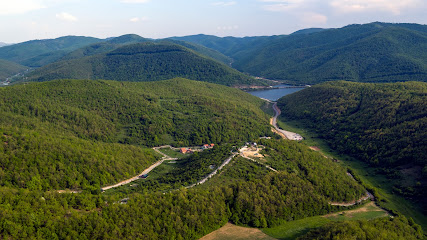
Shtepia Alpike Ranch
Discover the heart of Albanian culture at Shtepia Alpike Ranch, where nature meets authentic cuisine and thrilling adventures await.
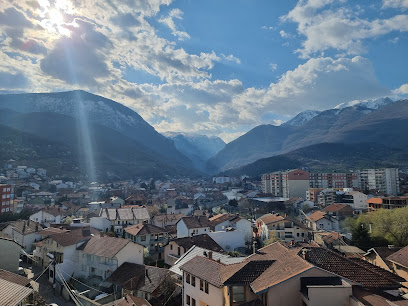
Reconciliation Tower
Explore the Reconciliation Tower, a profound symbol of Albania's historical journey, offering insights into its rich culture and heritage.
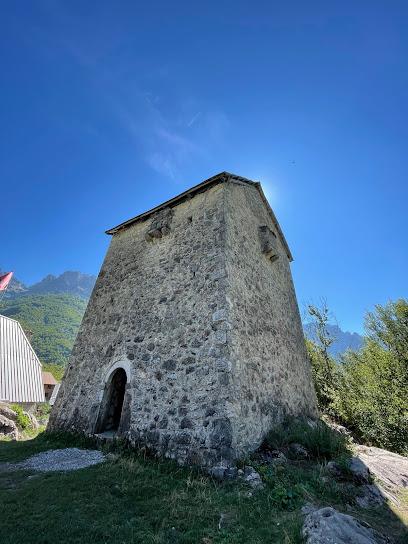
Gryka e Rugovës
Explore the stunning beauty of Gryka e Rugovës, a breathtaking ravine in Kosovo, perfect for hiking, photography, and nature-loving adventurers.
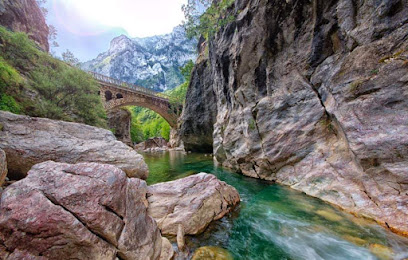
Memoriali Adrian Krasniqi
Explore the Memoriali Adrian Krasniqi, a serene memorial park in Peja, where history, resilience, and remembrance come together in a beautiful setting.
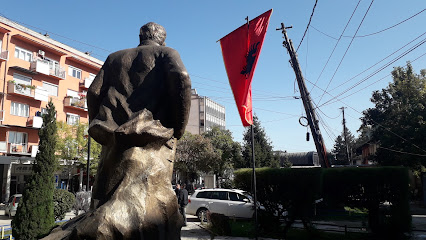
Qender Theth
Experience the breathtaking beauty and rich culture of Qender Theth, an ideal destination for adventure lovers and nature enthusiasts in Albania.
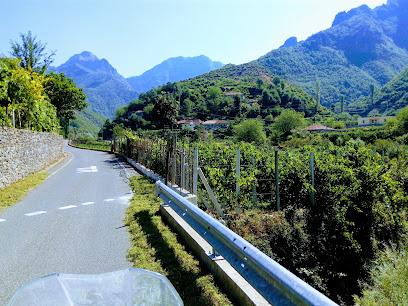
Essential places to dine
Trofta e Drinit
Discover Trofta e Drinit: Where Exquisite Cuisine Meets Stunning Mountain Views in Kosovo.
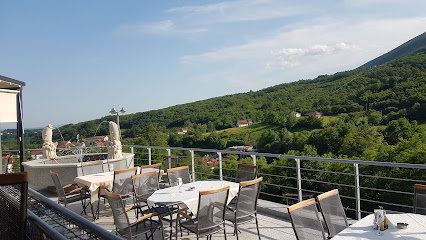
Flo's Restaurant
Experience authentic flavors at Flo's Restaurant in Peja – where tradition meets modernity in every bite.
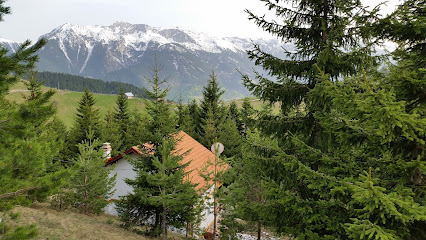
Hotel Kulla e Zenel Beut
Experience authentic Kosovar hospitality at Hotel Kulla e Zenel Beut in Peja – where comfort meets exquisite local cuisine.
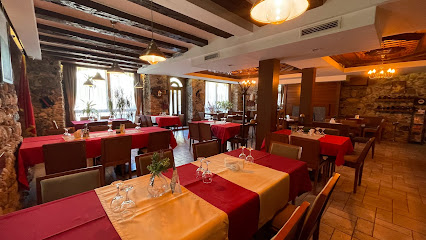
Restaurant Era - Pejë
Experience authentic Kosovar cuisine with modern flair at Restaurant Era in Pejë - A must-visit for food lovers.
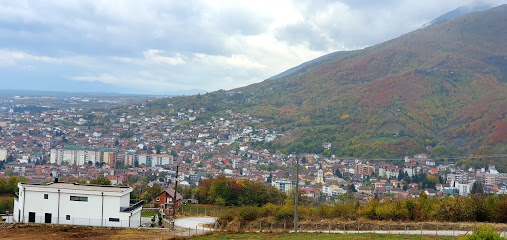
Restaurant ORA since
Discover delicious local cuisine at Restaurant ORA along Magjistralja Podujeve - Merdare road; an unforgettable culinary stopover.
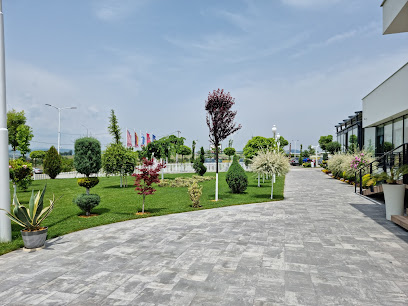
Hotel & Restaurant Te Liqeni
Experience culinary excellence and breathtaking mountain views at Hotel & Restaurant Te Liqeni in Kuqishtë.
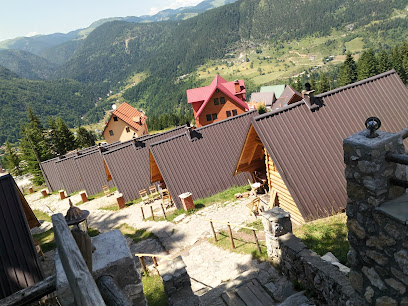
Shtepia Alpike Ranch
Experience breathtaking mountain views and thrilling adventures at Shtepia Alpike Ranch in Peja – a perfect blend of nature, cuisine, and excitement.
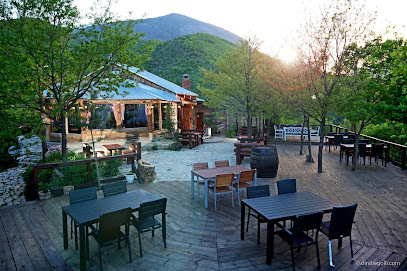
Restaurant Freskia
Discover the flavors of Исток at Restaurant Freskia – where authentic cuisine meets charming ambiance.
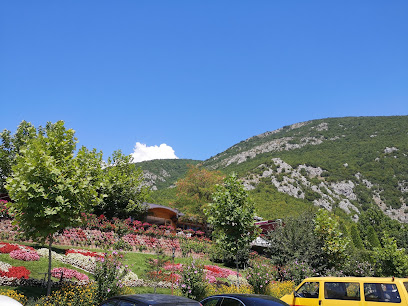
Hotel Camp Karagaç
Experience comfort and exquisite local cuisine at Hotel Camp Karagaç in Peja, where hospitality meets culinary excellence.

Restorant/Hotel “Guri i Kuq”
Discover exquisite local flavors amidst breathtaking mountain views at Guri i Kuq Restaurant in Peja.
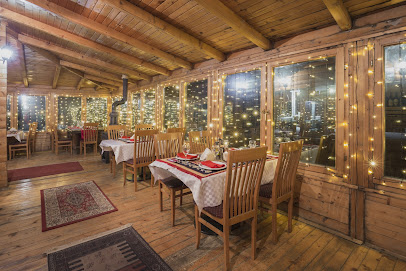
Semitronix HOTEL Pejë
Discover modern comfort blended with rich local culture at Semitronix HOTEL Pejë – your gateway to exploring Kosovo's natural beauty and heritage.
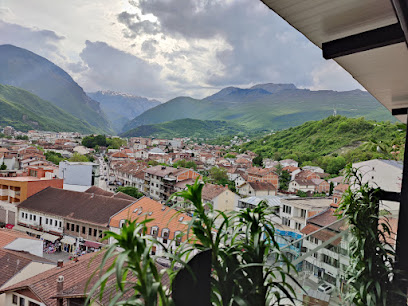
Restaurant HANI
Experience authentic Kosovo cuisine at Restaurant HANI in Peja—where every dish tells a story amidst breathtaking mountain views.
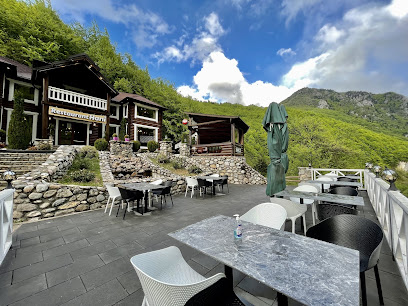
ANËS DRINIT
Experience authentic Kosovar cuisine amidst breathtaking natural beauty at ANËS DRINIT in Peja.
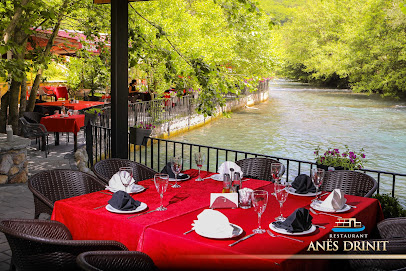
Aroma
Experience the vibrant flavors of Peja at Aroma Restaurant – where local traditions meet modern cuisine.
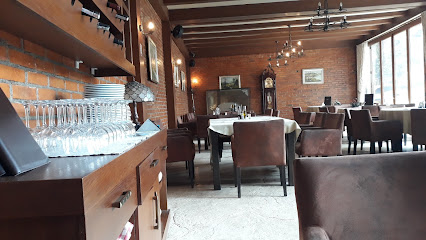
Kulla e Rugovasit Stankaj
Discover authentic Albanian flavors at Kulla e Rugovasit Stankaj, where tradition meets breathtaking natural beauty in the heart of Rugovë.
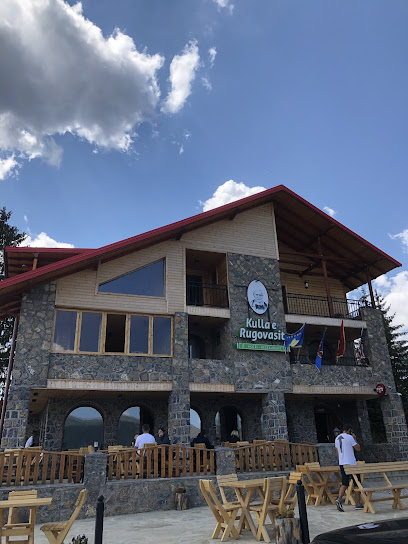
Markets, malls and hidden boutiques
Albi Mall
Explore Albi Mall, Prishtina's vibrant shopping hub featuring diverse retail, dining, and entertainment options for an unforgettable experience.
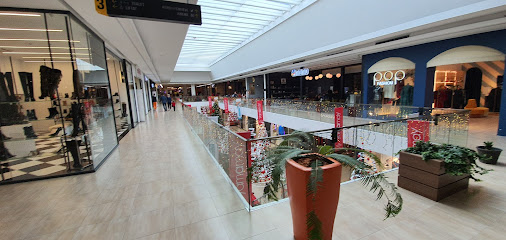
Prishtina Mall
Explore Prishtina Mall: A vibrant shopping and entertainment hub in the heart of Kosovo, blending local culture with modern retail experiences.

Hotel Dukagjini
Discover the elegance of Hotel Dukagjini in Peja, where luxury meets comfort in a stunning natural environment.
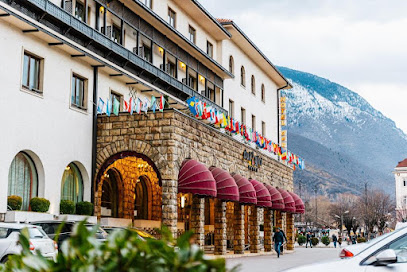
Patriakana e Pejës
Discover the serene beauty and rich history of the Patriarchate of Pejë, a UNESCO World Heritage site in Kosovo.
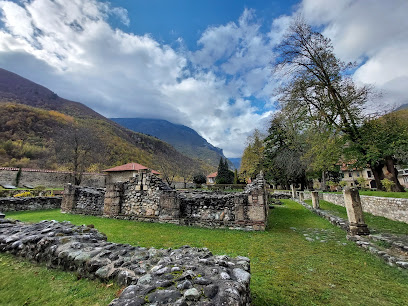
Bazaar of Peja
Discover the vibrant atmosphere of the Bazaar of Peja, where local culture, crafts, and culinary delights converge in a lively marketplace.
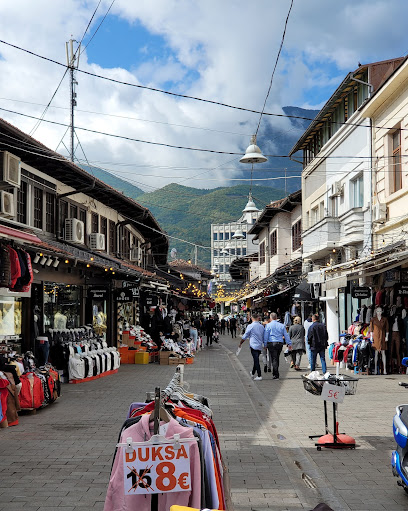
Royal Mall
Explore the Royal Mall in Pristina for an unforgettable shopping and dining experience in a vibrant atmosphere filled with local charm.
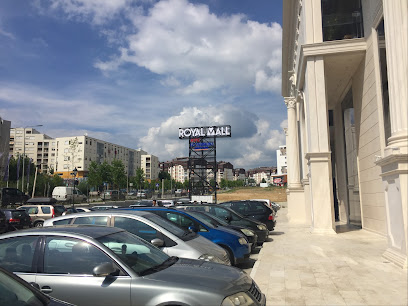
Hotel Kulla e Zenel Beut
Experience the perfect blend of traditional Albanian hospitality and modern comfort at Hotel Kulla e Zenel Beut in Peja.
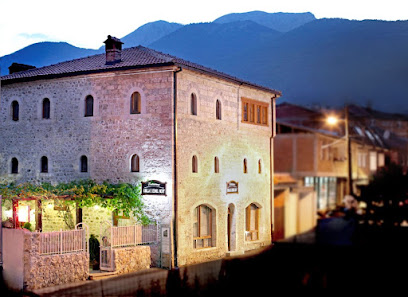
The Village - Shopping & Fun
Experience the ultimate shopping and fun at The Village in Ferizaj, where retail therapy meets family-friendly entertainment.
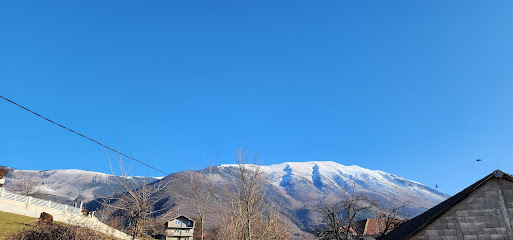
Rugova Valley Tourist Information Center
Discover the Rugova Valley Tourist Information Center, your gateway to adventure in Kosovo's breathtaking landscapes and rich cultural heritage.
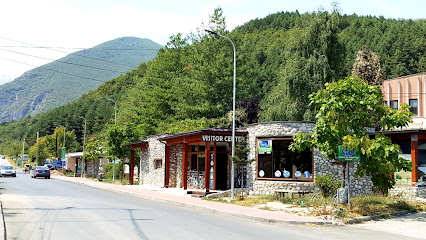
Rugova Canyon viewpoint
Experience the stunning beauty of Rugova Canyon viewpoint, where majestic mountains meet the tranquil Lumbardh River in Kosovo.
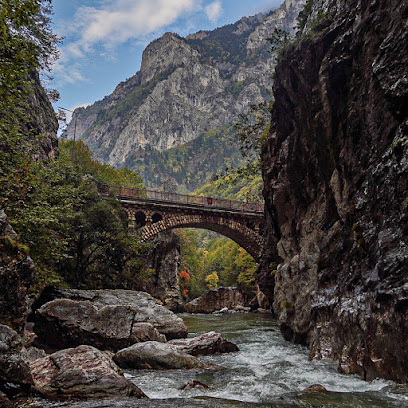
Balkan Natural Adventure
Discover Balkan Natural Adventure, where stunning landscapes meet thrilling outdoor experiences in the heart of Peje.
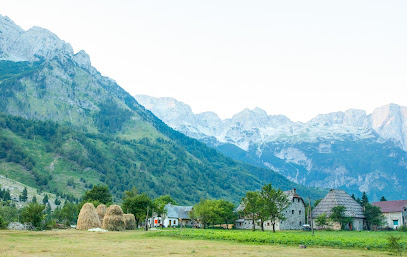
Benelux Hotel
Discover the charm of Peja while enjoying a comfortable stay at Benelux Hotel, your gateway to exploring Kosovo's rich culture and breathtaking landscapes.
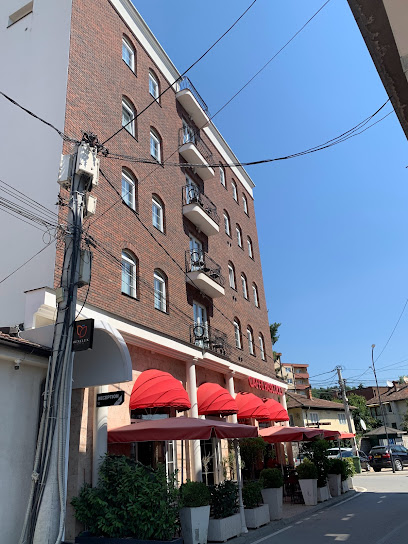
Sky Hostel
Discover the beauty of Peja from Sky Hostel, your cozy base for adventures in Kosovo's stunning landscapes and rich culture.

Park Plazza
Explore Park Plazza in Besianë, a vibrant shopping destination offering a mix of retail, dining, and entertainment for an unforgettable experience.
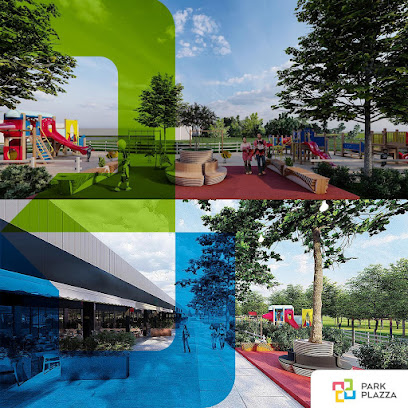
Doa Boutique Hotel
Experience unparalleled luxury and comfort at Doa Boutique Hotel in Pejë, where elegance meets local charm.
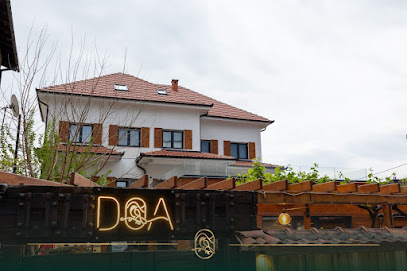
Essential bars & hidden hideouts
Trofta e Drinit
Experience authentic local cuisine with stunning mountain views at Trofta e Drinit, a culinary gem perfect for every traveler.
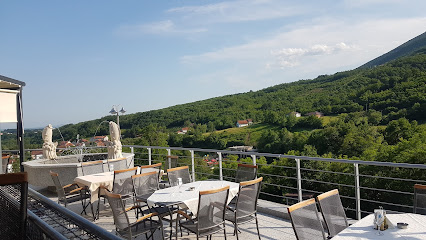
Flo's Restaurant
Experience the essence of Peja at Flo's Restaurant, where local flavors meet exceptional service in a warm and inviting atmosphere.
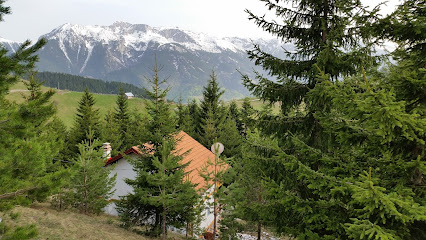
Shtepia Alpike Ranch
Discover Shtepia Alpike Ranch: A unique blend of local cuisine, organic farming, and thrilling outdoor adventures in the heart of Peja.
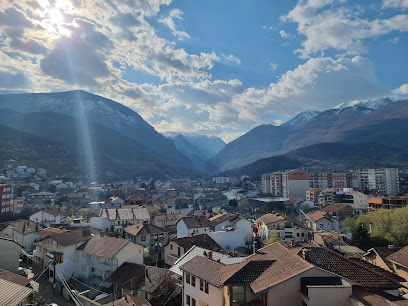
Semitronix HOTEL Pejë
Experience the perfect blend of local cuisine and breathtaking mountain views at Semitronix HOTEL in Pejë, Kosovo.
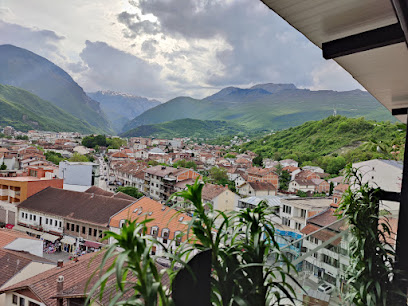
Priview Bar
Discover the vibrant nightlife at Priview Bar in Pristina, offering delicious drinks, live music, and an unforgettable atmosphere for all visitors.
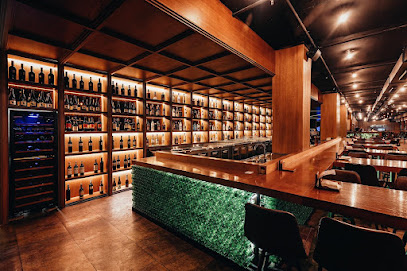
ANËS DRINIT
Experience the flavors of Kosovo at ANËS DRINIT, a delightful restaurant in Peja offering a blend of traditional and modern cuisine amidst stunning nature.
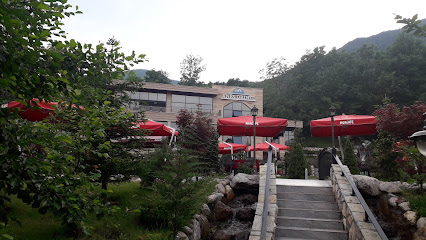
Exit Bar
Discover Exit Bar in Peja: A lively bar and lounge offering refreshing drinks, tasty bites, and a vibrant atmosphere perfect for socializing.
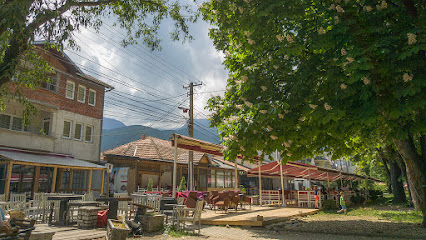
Te Kinezi
Experience the vibrant atmosphere and excellent beer selection at Te Kinezi, the heart of Prizren's nightlife.
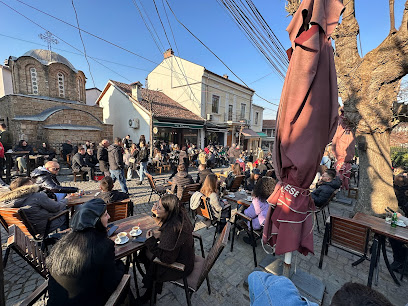
Large Bar
Discover the vibrant nightlife of Pristina at the Large Bar, where stylish atmosphere meets expertly crafted drinks in the heart of the city.
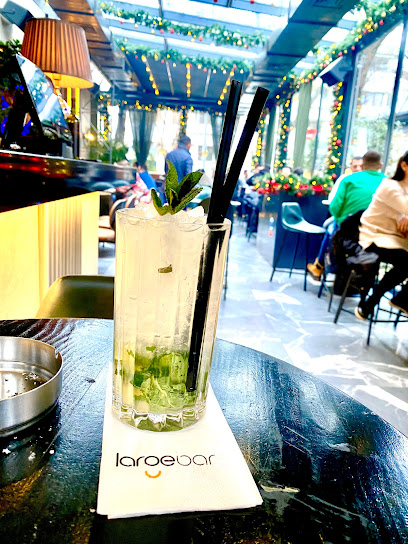
ZADE Lounge Bar
Experience the vibrant nightlife of Peja at ZADE Lounge Bar, where expertly crafted cocktails and a lively atmosphere await you.
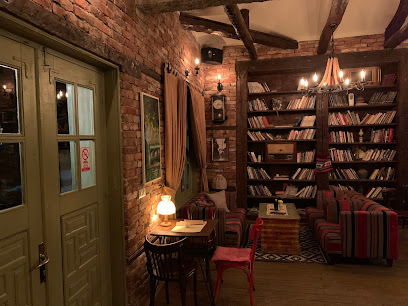
destiLL
Discover the vibrant flavors of Prizren at destiLL, a unique tapas bar where culinary tradition meets modern creativity.
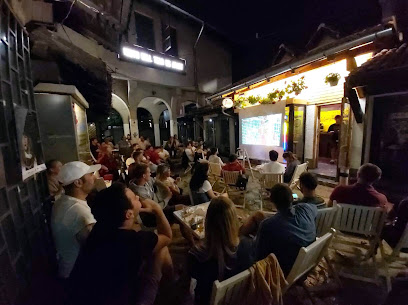
Pijetore Ulpianë
Discover Pijetore Ulpianë, a trendy bar in Pristina offering a unique blend of atmosphere, craft beverages, and local culture for an unforgettable night out.
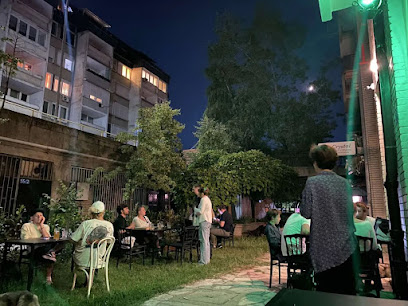
Radio Caffe
Discover the energetic ambiance of Radio Caffe in Peja, where great drinks and a lively atmosphere await every visitor.
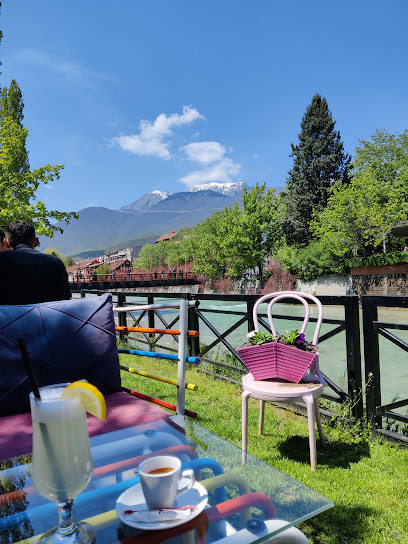
Restaurant Lumi i bardhe (Te Sharra)
Experience the flavors of traditional Kosovar cuisine at Restaurant Lumi i Bardhe in Peja, a culinary gem with stunning views and a warm atmosphere.
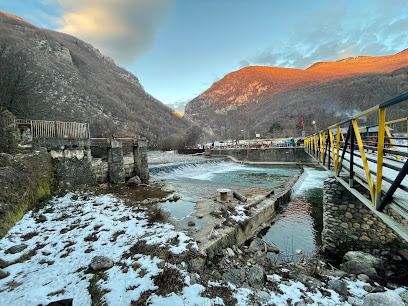
Structure caffe bar
Experience the unique vintage charm of Structure Caffe Bar in Peja, where delightful drinks and a welcoming atmosphere await.
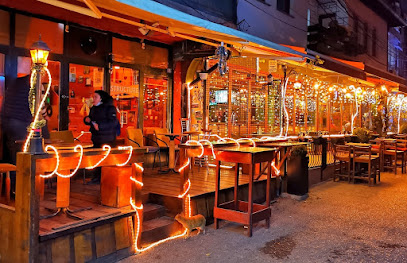
Local Phrases about Peja Mountains
-
- HelloTungjatjeta
[toon-jah-tyeh-tah] - GoodbyeMirupafshim
[mee-roo-pahf-sheem] - YesPo
[poh] - NoJo
[yoh] - Please/You're welcomeJu lutem
[yoo loo-tehm] - Thank youFaleminderit
[fah-leh-meen-deh-reet] - Excuse me/SorryMë falni
[muh fahl-nee] - How are you?Si jeni?
[see yeh-nee] - Fine. And you?Mirë. Dhe ju?
[mee-ruh. dhe yoo] - Do you speak English?A flisni anglisht?
[ah flee-snee ahn-gleesht] - I don't understandNuk kuptoj
[nook kooptoy]
- HelloTungjatjeta
-
- I'd like to see the menu, pleaseDua të shoh menunë, ju lutem
[doo-ah tuh shoh meh-noo-ne, yoo loo-tehm] - I don't eat meatNuk ha mish
[nook hah meesh] - Cheers!Gëzuar!
[geh-zoo-ahr] - I would like to pay, pleaseDua të paguaj, ju lutem
[doo-ah tuh pah-gwahy, yoo loo-tehm]
- I'd like to see the menu, pleaseDua të shoh menunë, ju lutem
-
- Help!Ndihmë!
[ndee-muh] - Go away!Dilni!
[deel-nee] - Call the Police!Thërrisni policinë!
[thuhr-ree-snee poh-lee-tsee-nuh] - Call a doctor!Thërrisni një mjek!
[thuhr-ree-snee nyuh myek] - I'm lostJam i humbur
[yahm ee hoom-boo] - I'm illJam i sëmurë
[yahm ee suh-moo-ruh]
- Help!Ndihmë!
-
- I'd like to buy...Dua të blej...
[doo-ah tuh bleh] - I'm just lookingPo shikoj vetëm
[poh shee-koy veh-tuhm] - How much is it?Sa kushton?
[sah koosh-tohn] - That's too expensiveKjo është shumë e shtrenjtë
[choh eh-shtuh shoo-muh eh shtrehn-jteh] - Can you lower the price?A mund ta zvogëloni çmimin?
[ah moon-d tah zvoh-guh-loh-nee chmee-meen]
- I'd like to buy...Dua të blej...
-
- What time is it?Sa është ora?
[sah eh-shtuh oh-rah] - It's one o'clockËshtë një e ora
[eh-shtuh nyuh eh oh-rah] - Half past (10)Njëmbëdhjetë
[nyuhm-buhdhyeh-teh] - MorningMëngjes
[muhn-gyehs] - AfternoonMbrëmje
[mbruhm-yeh] - EveningMbrëma
[mbruh-mah] - YesterdayDje
[djeh] - TodaySot
[soht] - TomorrowNesër
[neh-suhr] - 1Një
[nyuh] - 2Dy
[duh] - 3Tre
[treh] - 4Katër
[kah-tuhr] - 5Pesë
[peh-suh] - 6Gjashtë
[gyahsht] - 7Shtatë
[shtah-tuh] - 8Tetë
[teh-tuh] - 9Nëntë
[nuhn-tuh] - 10Dhjetë
[dh-yeh-tuh]
- What time is it?Sa është ora?
-
- Where's a/the...?Ku është një/të...?
[koo eh-shtuh nyuh-teh] - What's the address?Cila është adresa?
[chee-lah eh-shtuh ah-dreh-sah] - Can you show me (on the map)?A mund të më tregoni (në hartë)?
[ah moon-d tuh muh troh-goh-nee (nuh hahr-tuh)] - When's the next (bus)?Kur është autobusi i ardhshëm?
[koor eh-shtuh ow-toh-boo-see ee ahrdhshehm] - A ticket (to ....)Një biletë (në ....)
[nyuh bee-leh-teh (nuh)]
- Where's a/the...?Ku është një/të...?
History of Peja Mountains
-
The Peja Mountains, part of the broader Dinaric Alps, have been inhabited for millennia. The Illyrian tribes, known as the original inhabitants of the Balkans, settled in this region around 1000 BC. Archaeological findings, including artifacts and ancient ruins, suggest that the Illyrians engaged in agriculture, hunting, and trading activities, forming the early cultural bedrock of the Peja Mountains.
-
In the 2nd century BC, the Roman Empire expanded its reach into the Balkans, including the Peja Mountains. The Romans established forts and roads, facilitating trade and military movements. The remnants of Roman architecture, such as bridges and fortifications, are still visible in the region, highlighting the strategic importance of these mountains in ancient times.
-
During the medieval period, the Peja Mountains fell under the influence of the Serbian Kingdom and later the Serbian Empire. Peja, a nearby town, became a significant cultural and religious center. The Patriarchate of Peć, established in the 13th century, served as the spiritual seat of the Serbian Orthodox Church. This period is marked by the construction of monasteries and churches, many of which are UNESCO World Heritage Sites today.
-
The Ottoman Empire conquered the Peja Mountains in the late 14th century, integrating the region into their vast domain. The Ottomans left a lasting imprint on the local culture, architecture, and social structure. The town of Peja became an important administrative and trade center, with caravanserais, hammams, and mosques built to support the bustling community. The Ottoman legacy is still evident in the region's architecture and cultural practices.
-
The 20th century was a period of significant upheaval for the Peja Mountains. World War I and World War II brought conflict and change to the region, followed by the tumultuous breakup of Yugoslavia in the 1990s. The Kosovo War (1998-1999) had a profound impact on the local population and landscape. Despite the hardships, the resilience of the people and the stunning natural beauty of the Peja Mountains have endured.
-
Today, the Peja Mountains are a testament to the rich historical tapestry of Kosovo. The region is a popular destination for tourists seeking adventure, natural beauty, and a deep connection to history. From hiking and climbing to exploring ancient ruins and monasteries, visitors can immerse themselves in the diverse cultural and historical heritage of the Peja Mountains.
Peja Mountains Essentials
-
Peja Mountains, located in western Kosovo, can be accessed primarily via the city of Peja. The nearest international airport is Pristina International Airport, approximately 70 kilometers away. From Pristina, you can take a bus, taxi, or rent a car to reach Peja. The journey from Pristina to Peja typically takes around 1.5 to 2 hours by road. There are also train services available, which offer a scenic route through the Kosovo countryside.
-
Within Peja and the surrounding mountain areas, various transportation options are available. Local buses and minibuses (furgons) operate within the city and connect to nearby villages. Taxis are readily available and are a convenient option for getting around. For those looking to explore the mountains more freely, renting a car or hiring a local guide with a 4x4 vehicle is recommended. Walking and hiking are also popular ways to explore the natural beauty of the region.
-
The official currency in Kosovo is the Euro (EUR). Credit cards are widely accepted in hotels, restaurants, and shops in Peja, but it is advisable to carry some cash for smaller establishments and rural areas. ATMs are available in Peja, and it is recommended to withdraw sufficient cash before heading into remote mountain regions where ATM access may be limited.
-
Peja and its surrounding areas are generally safe for tourists. However, it is always wise to take standard precautions. Avoid walking alone at night in unfamiliar areas, and be mindful of your belongings in crowded places. While crime rates targeting tourists are low, staying vigilant is always a good practice. Certain remote mountain trails can be challenging, so it is recommended to hike with a companion or a local guide.
-
In case of emergency, dial 112 for immediate assistance. Peja has local police stations and medical facilities available. It is advisable to have travel insurance that covers medical emergencies. For minor health issues, pharmacies in Peja can provide over-the-counter medications. If you are planning to hike in the mountains, inform someone of your route and expected return time.
-
Fashion: Do dress modestly, especially when visiting religious sites. Avoid wearing revealing clothing. Religion: Do respect local customs and traditions. When visiting mosques or churches, dress conservatively and remove your shoes if required. Public Transport: Do be respectful and give up your seat to elderly passengers. Don't eat or drink on public transport. Greetings: Do greet people with a handshake. A friendly 'Mirëdita' (Good day) is appreciated. Eating & Drinking: Do try local delicacies and accept food offerings graciously. Don't refuse hospitality, as it is considered impolite.
-
To experience Peja Mountains like a local, consider visiting the local markets where you can buy fresh produce and traditional Kosovo goods. Engage with locals, who are often friendly and willing to share stories about the area's history and culture. Don't miss visiting the Rugova Canyon, the Patriarchate of Peć, and other historical sites. For a unique experience, participate in local festivals or traditional events that may be happening during your visit.
Trending Landmarks in Peja Mountains
-
Newborn Monument
-
Prizren Fortress
-
Sharr Mountain National Park
-
Bjeshkët e Nemuna National Park
-
Sinan Pasha Mosque
-
Patriakana e Pejës
-
Memorial Complex Adem Jashari
-
White Drin Waterfall
-
Bazaar of Peja
-
Kosovo
-
BEAR SANCTUARY Prishtina
-
Mirusha Waterfalls
-
Hotel Kulla e Zenel Beut
-
Shtepia Alpike Ranch
-
Rugova Valley Tourist Information Center
Nearby Cities to Peja Mountains
-
Things To Do in Bajram Curri
-
Things To Do in Gjakova
-
Things To Do in Mitrovica
-
Things To Do in Vushtrri
-
Things To Do in Podgorica
-
Things To Do in Prizren
-
Things To Do in Shtime
-
Things To Do in Nikšić
-
Things To Do in Podujevo
-
Things To Do in Ferizaj
-
Things To Do in Cetinje
-
Things To Do in Bar
-
Things To Do in Kotor
-
Things To Do in Budva
-
Things To Do in Perast













